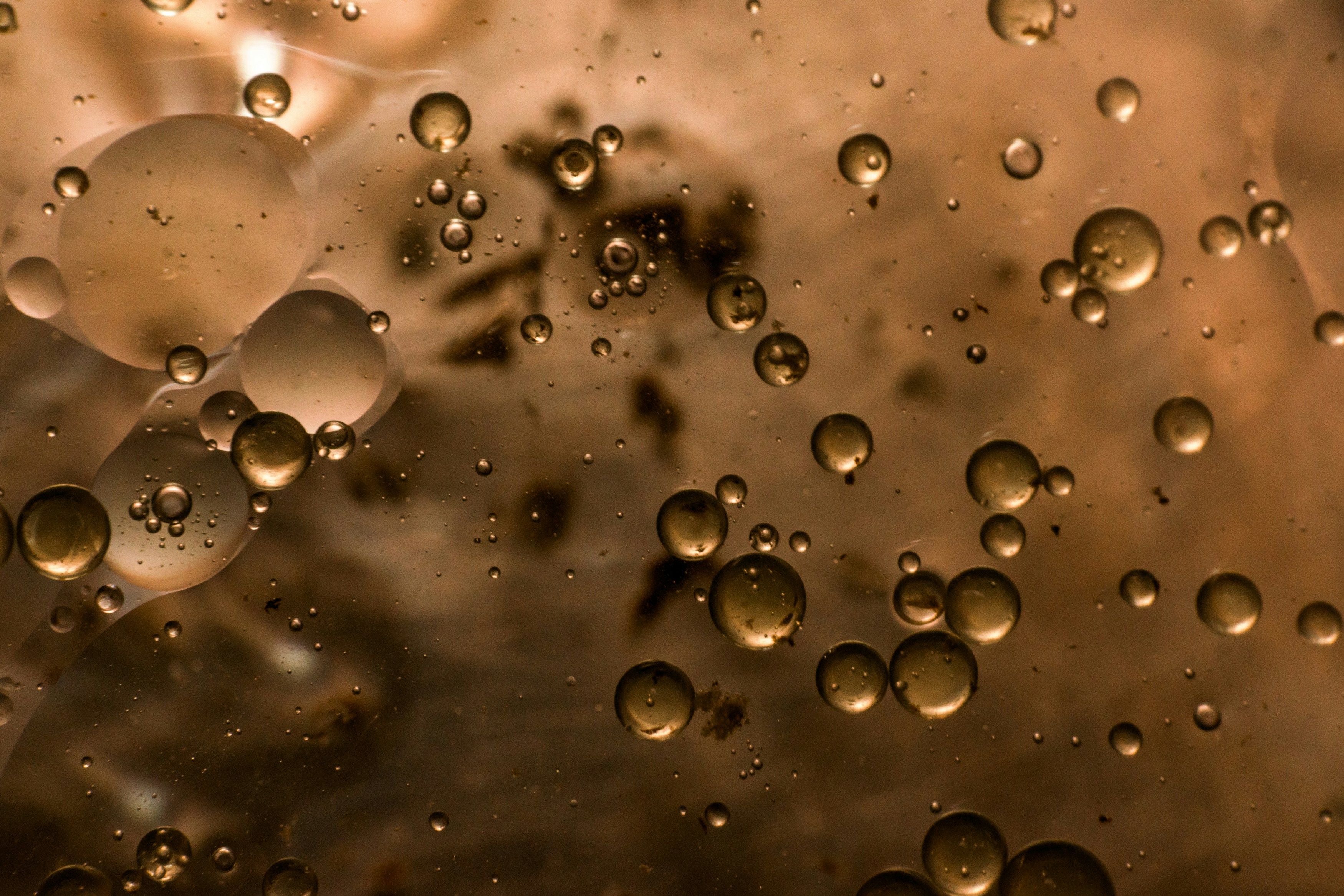What Are PFAS?
Per- and polyfluoroalkyl substances (PFAS) are a group of human-made chemicals that have been used in various industries around the world since the 1940s. PFAS are known for their resistance to water, oil, and heat, making them highly useful in a range of applications.

Common Uses of PFAS
Non-stick Cookware
PFAS provide the non-stick properties in cookware like pots and pans, making them easier to clean and preventing food from sticking.
Stain-Resistant Fabrics
These chemicals are used to treat fabrics, making clothing, carpets, and upholstery resistant to stains and spills.
Food Packaging
PFAS are found in food packaging materials, including fast food wrappers, microwave popcorn bags, and pizza boxes, where they provide grease resistance.
Firefighting Foams
PFAS are a key component in certain firefighting foams, particularly those used for putting out fuel fires at airports and military installations (EPA on PFAS in Firefighting Foams).
Cleaning Products
Various cleaning products incorporate PFAS to enhance their effectiveness in repelling water and oil.
Health and Environmental Concerns
PFAS are often called "forever chemicals" because they do not break down easily in the environment or the human body. This persistence can lead to widespread contamination and health issues.
Health Risks
- Bioaccumulation: PFAS accumulate in the body over time.
- Potential Health Effects: Linked to liver damage, thyroid disease, decreased fertility, high cholesterol, obesity, hormone disruption, and certain cancers.
Environmental Impact
- Water Contamination: PFAS have been detected in water supplies globally.
- Soil Pollution: These chemicals can contaminate soil, affecting food safety (EPA on PFAS Environmental Impact).
How to Reduce Exposure to PFAS
Use Water Filtration Systems
Installing systems like Kitchen Station 1™ and Bluewater Purifiers can remove up to 99.7% of contaminants, including PFAS.
Check Product Labels
Avoid products with ingredients such as "fluoro" or "perfluoro".
Choose Safe Alternatives
Opt for stainless steel or cast iron cookware and avoid stain-resistant treatments.(National Institute of Environmental Health Sciences on PFAS in Stain-Resistant Treatments).
By understanding what PFAS are and taking steps to reduce exposure, you can help protect your health and the environment. For more details on the dangers of PFAS and further protective measures, visit our comprehensive PFAS article.


